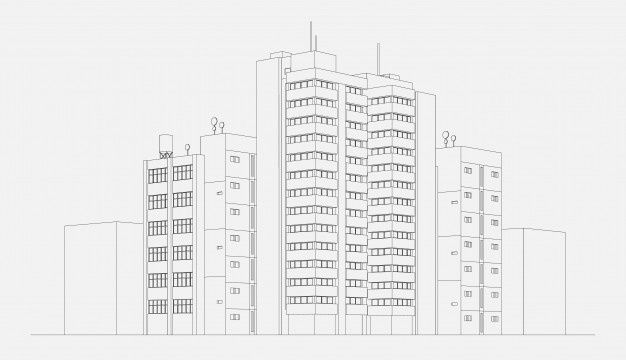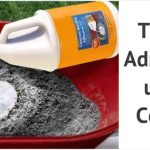In repairs of certain structures, particularly roadways and bridges, it may be desired that early strength gain should be rapid as possible. The engineer may, as a first approach, consider using admixtures, so that ordinary types of Portland cement can be used.
Special concrete and mortar
· High Aluminates Cement Concrete
· Shrinkage Compensated Concrete
· Polymer Cement concrete
· Polymer Impregnsed Concrete
· Epoxy Concrete
· Latex modified concrete
Necessity of adding concrete chemicals
· To improve the performance of concrete
· To have the early strength gain as early as possible
· To accelerated the setting time of concrete
· To make the structure waterproof
Special elements for accelerated strength
In repairs of certain structures, particularly roadways and bridges, it may be desired that early strength gain should be rapid as possible. The engineer may, as a first approach, consider using admixtures, so that ordinary types of Portland cement can be used. The chief chemical admixture
Now used for this purpose is Super plasticizer of one type or another. Formerly, high doses of calcium chloride were advocated, but this producer has been rejected on the basis of corrosion, problems associated with calcium chloride were advocated, but this procedure has been rejected on the basis of corrosion, problems associated with calcium chloride use. The time of setting of Portland cement concrete and its strength gain may be shortened by the use of calcium aluminates cement, because of problems associated with the conversion under hot humid conditions, of the calcium aluminates hydrates from one from to another, and the resultant strength losses, other types of cements have been preferred.
Regulated set cement is a modified Portland cement, which contains a substantial amount of calcium fluro-aluminate. This cement contains a substantial amount of fluorite as a substitute for limestone. The burning process is not without problems, due to the release of small amount of fluoro compounds.
When prepared and ground, the initial and final set of this type of cement occurs almost simultaneously, and therefore the time between mixing and set is often referred to as the handling time.
As a rule, this varies between 2 and 45minutes. The strength level is adjusted by controlling the amount of calcium fluoro-alminate in the cement. The time of set
Is reduced, and compressive strength gain increased in regulated cement mortars and concrete by an increase in the cement content of mix, reduction of the w/c ratio, increased temperature of the mix and increase in curing temperature. The chemical reactions of this type of cement are much more energetic, than those of Portland cements. For that reason, retardation is necessary.
Conventional retarders for Portland cement are not effective in controlling the set of regulated set cement. However, citric acid is used in the mix as a retarder. Where practical, the setting action can be effectively controlled by reducing the mix temperature. Such reductions in the temperature of the mix are also advantageous, as the heat of hydration is considerably higher than that of Portland cement concrete. For this reasons, all exposed surfaces of newly placed regulated set Portland cement concrete must be protected from moisture loss. Chlorinated rubber, butadiene styrene sealing as well as polyethylene sheets or wet burlap are recommended for this purpose.
Special cements based on chemical reactions, which are completely different from those of normal Portland or similar cements, are now part of the technology. These include fast-setting magnesium phosphate and aluminum-phosphate cements, which used for concrete patching of pavements, allow traffic flow after only 45 minutes.



Comments are closed